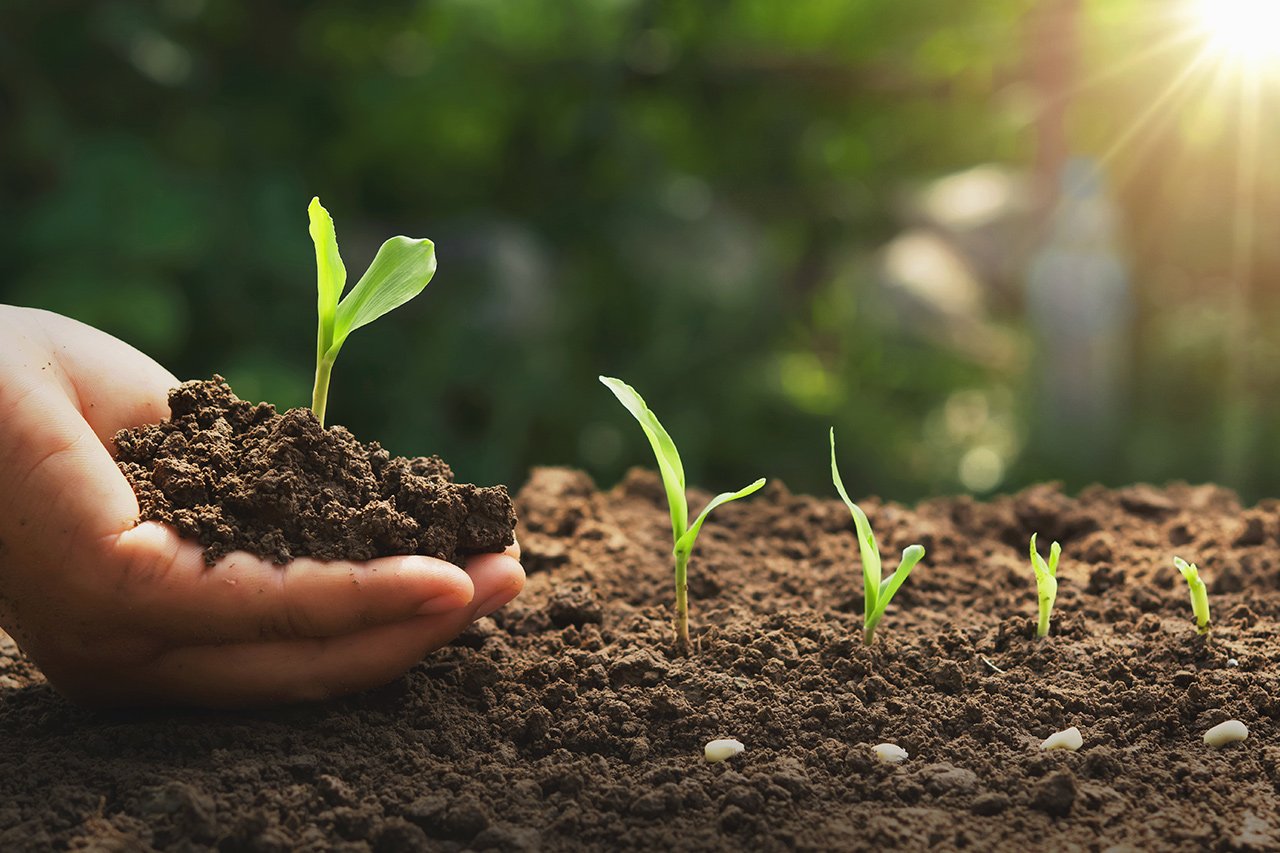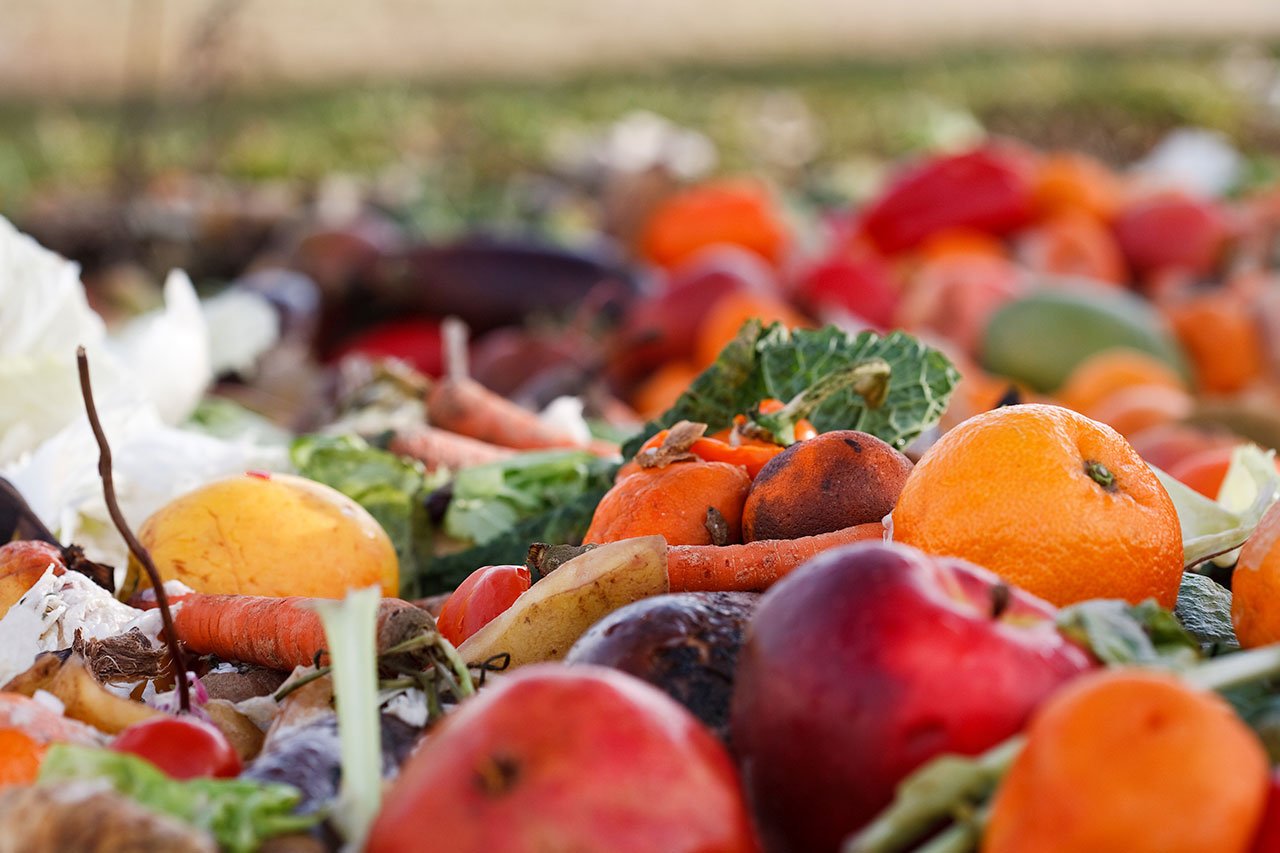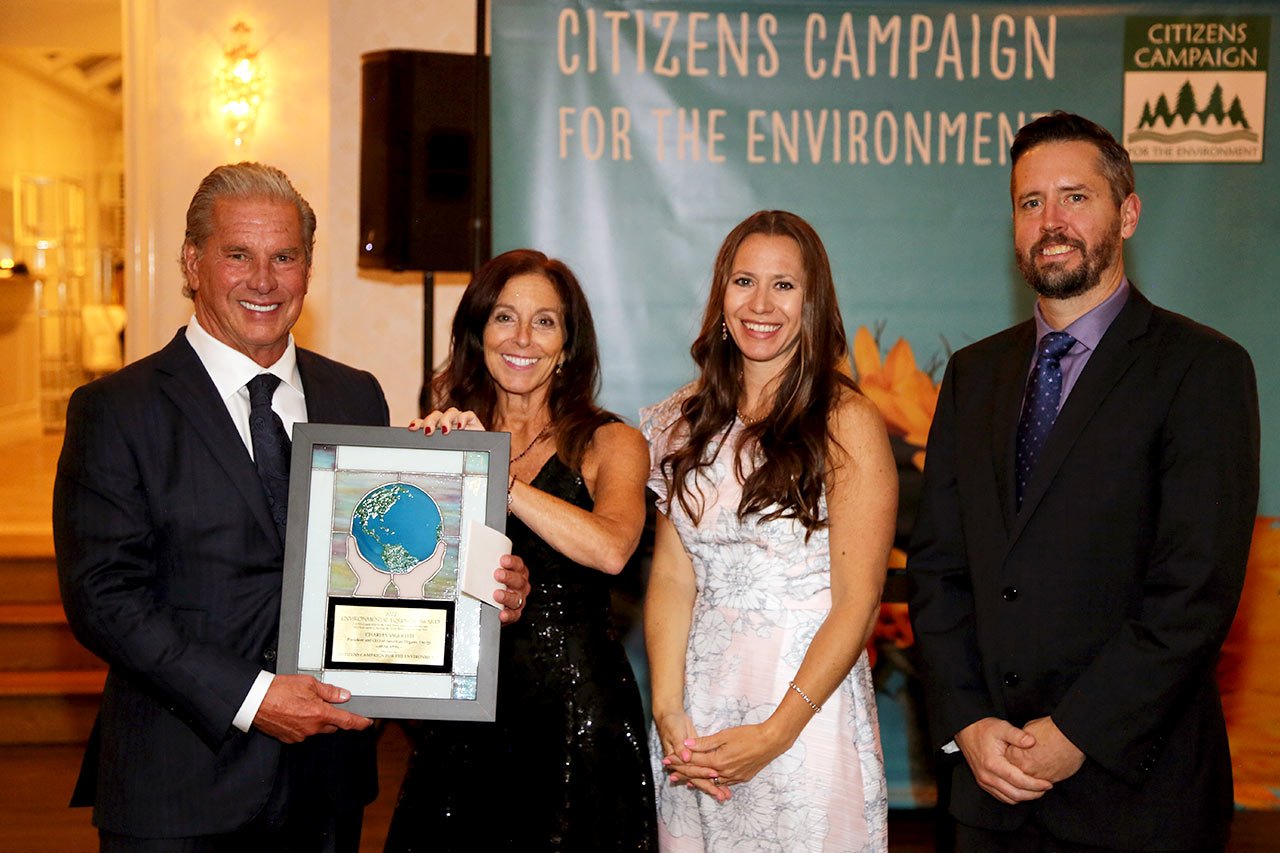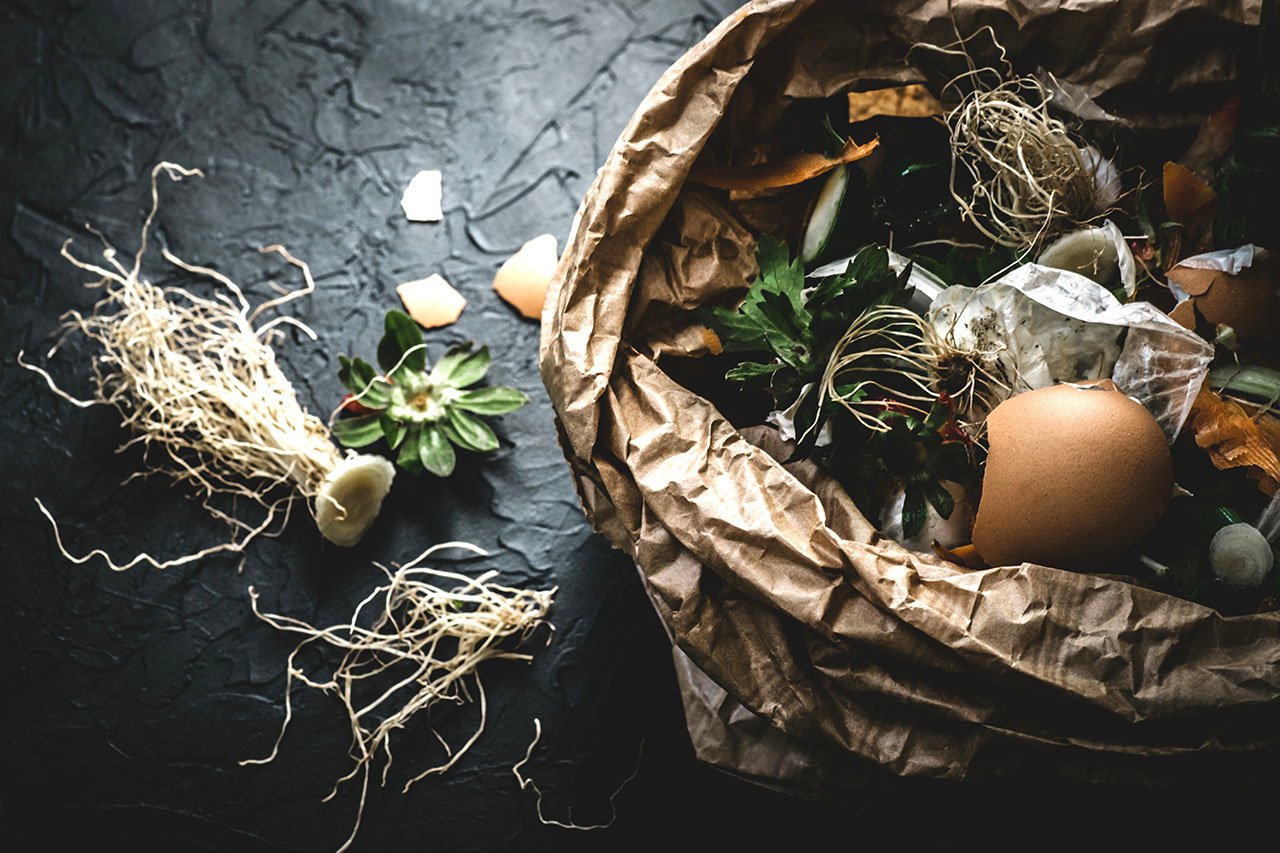It’s important to understand the differences between organic soil and compost when framing any discussion of the topic, as the terms are often erroneously used interchangeably.
In simplest terms, soil serves to support plant life, while compost enriches the soil itself.
Enrichment Leads to Growth
Compost is comprised of a combination of decayed (or decaying) matter, and is typically crafted by gathering plant materials such as leaves, grass clippings and vegetable peels for decomposition within the soil. As there are many components which make up this mixture, pH levels have a tendency to vary drastically.
Compost must be created properly to eliminate all existing pathogens, insects and “bad” bacteria; unwanted absorption of organic carbon can leave microbes to starve and die. The goal, ultimately, is for custom compost to function as a means of enriching the organic soil with microorganisms, mineral elements, and humus.
This balanced substance helps to restructure—and subsequently boost—the soil ecosystem, leading to increased plant growth over time. Proper customization facilitates air circulation, root development, moisture retention, and the channeling of nutrients to the roots. When this is accomplished, organic soil is primed for planting.
Nurturing Through Nutrients
Organic gardens are centered on a superb growing environment, crafted to surround the plants to be nurtured, and include components ranging from soil and food to insects and wildlife—but at the “root” of it all remains the importance of maintaining an enriched soil product.
When functioning at its prime, soil contains fungi, bacteria, microbes and small insects, all of which serve to continuously break down organic matter. This symbiotic relationship helps plants to absorb oxygen, food and minerals from the soil, keeping them in reserve until the point when the nutrients are needed.
As organic gardens thrive, they continue to provide food and shelter to pollinators such as insects and birds, all of which work in conjunction to keep those pests that would upset this delicate environmental balance at bay.
Environmental Collaboration
As with most partnerships, the key to the success of compost and organic soil lies in each maintaining its respective role throughout the process. While micro- and macro-organisms are known to break down carbon-containing matter naturally, composting can accelerate this decomposition, providing an ideal mixture of air and moisture to foster the microbial feeding frenzy.
Organic matter has the innate ability to pull metals, chemicals and nutrients out of liquid solutions, such as water; these substances are then absorbed into soil surfaces, broken down by microbes, and used for subsequent growth by plants down the line. This ultimately helps to provide ideal habitats for wildlife, reduces erosion, increases soil pore space and air filtration, and enhances aesthetic appeal.
End Results
Composting improves soil’s physical, chemical and biological properties, yielding not only healthier earth, but also allowing plants, turfgrass, trees and shrubs to similarly flourish, by extension.
As organic matter increases within the soil, its structure and porosity is improved, leading to a superior plant root environment. Benefits include increased moisture infiltration and retention, reduced density in favor of permeability, and less issues involving water and wind erosion and runoff, which can lead to substantial water loss over time.
By aiding in the proliferation of soil microorganisms, organic matter buffers the soil pH, making nutrients more readily available for plant uptake while also filtering out contaminants that may exist in the water.
Though different in composition and function, compost and organic soil are dependent upon one another to function at an optimal level, enriching both the soil environment and all that grows from it.
For further information on organic soil, amendments, composting and more, contact Long Island Compost today.








